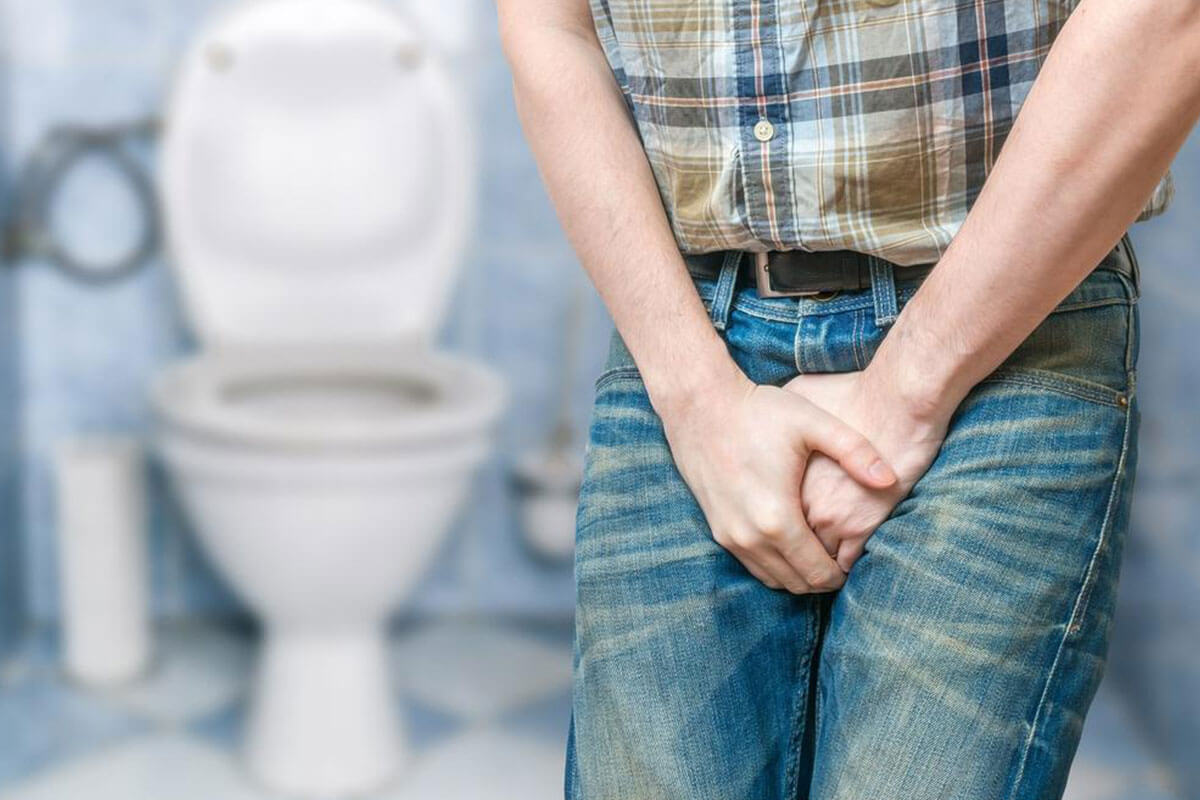What Not to Do to Improve Overactive Bladder Symptoms
As you actively work to improve overactive bladder symptoms, ensure that you are not doing any of these things to worsen them.
Having OAB or overactive bladder is an embarrassing situation for many people. The prospect of talking about a problem that is considered a private one is not something people look forward to. This is one of the reasons why many people with overactive bladder symptoms find it difficult to actually seek help from health professionals.

Overactive bladder symptoms can reduce your quality of life to quite an extent. While there are some things that are recommended for you to do in order to improve your overactive bladder symptoms, not many people tell you what not to do. There are certain things that you may be doing right now that are actively worsening your overactive bladder symptoms without your knowledge. Here’s what not to do if you want to see an improvement in overactive bladder symptoms.
Do Not Give In Immediately
Someone with overactive bladder symptoms is constantly wondering if they need to go to the bathroom, whether it would be a good idea to go now since a bathroom is visible, etc. Road trips and impromptu holidays are a strict no-no unless you know where and how many times you can stop for a bathroom break. It sounds like a solid policy then, to rush to the bathroom as soon as you feel the urge to go, right? Research does not agree.
Physicians say that a better way to manage overactive bladder symptoms is to practice holding in your urine for a while before giving in to the urge. This will enable you to have better control over your bladder spasms, while also serving to strengthen the muscles of your pelvic floor. The process of improving overactive bladder symptoms starts by retraining your bladder to complete its function properly. Set a schedule for yourself, hold on to the feeling of wanting to take a leak immediately, and go every hour or two on the clock as per your time-table.
Do Not Give Up on Pelvic Muscle Exercises
OAB is a chronic condition, such that it may never be completely treated. However, effective management of overactive bladder symptoms is possible, and should be done. One of the best ways to do this is to ensure that you are doing your pelvic floor muscle exercises daily every single day. These exercises are not like a fad diet or exercise routine that you can stop doing whenever you please. If you give up on these exercises, chances are high that your overactive bladder symptoms will return in full measure. Do not give up on pelvic floor muscle exercises such as Kegels, if you want to improve your overactive bladder symptoms.
Do Not Get Lured in By Stimulators
While there are a number of foods and drinks that worsen your overactive bladder symptoms, they may differ in different people. However, there are a couple of drinks that act as almost universal stimulators of overactive bladder symptoms. These include alcohol and beverages with caffeine in it. Alcohol is a known bladder stimulator. For people with overactive bladder symptoms, the nights are not exactly comfortable, as you may have to keep getting up to go to the bathroom. Alcohol makes this problem even worse by causing your body to create more urine.
The second stimulator is coffee and caffeine drinks. Studies show that reduing your coffee intake to just one cup a day can significantly improve your overactive bladder symptoms. In both cases, it is a better idea to go cold turkey to see exactly how much the drinks have been worsening your overactive bladder symptoms. You can then decide if you want to give them up for good, or add small quantities to your routine.
Furthermore, there are some medications that actually cause and worsen overactive bladder symptoms. These include water pills, NSAIDs, estrogen pills, allergy medication, antidepressants, etc. Do not stop taking any medication without your doctor’s express approval. Check with your physician about dosages and alternative medications if you feel like your pills are affecting your overactive bladder symptoms adversely.